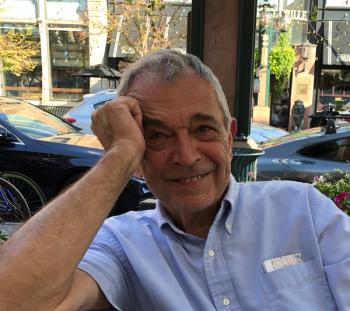
A Psychiatrist Looks Back on His Career and Considers the Role of the Placebo Effect in Treatment.

A Psychiatrist Looks Back on His Career and Considers the Role of the Placebo Effect in Treatment.

Mental health providers who battle a pandemic may find that it unsettles their deepest sense of self.
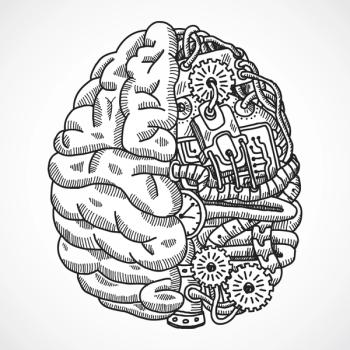
In the early 20th century, British and American doctors looked for the causes of mental illnesses elsewhere in the body, with gruesome results.

What happens when a clinician has to give herself news she does not want to hear?

Psychiatry, at this moment anyway, remains blood-test and imaging-free. It offers the last frontier of semi-free thought to the thinking person who wishes to enter medicine. More in this opinion piece.

Avicenna may have been among the first physicians to document that anger is often a transitional state from melancholic depression to mania—implicitly recognizing the “switch” phenomenon.

The COVID-19 pandemic reveals existing weaknesses in the mental health system, but also presents opportunities for reform.
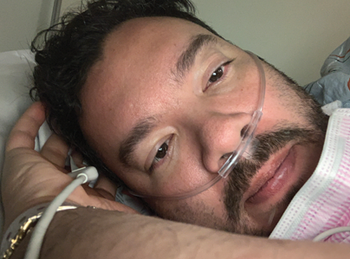
His symptoms worsened throughout most of his hospitalization, leaving him to ponder a grim reality: “This is it. This is how your story ends.”
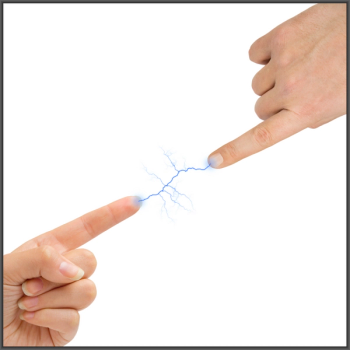
Sometimes, life’s lessons appear unexpectedly.

Our eulogies remind us of how psychiatrists have worked for the underserved and misunderstood.

It has been a tough and unusual summer, but perhaps it is best to focus on gratitude for what we have learned and what we can do with that information.

We have been here before. In fact, we have survived more challenging times. The truth serves as the foundational first brick of the edifice of knowledge and problem-solving.
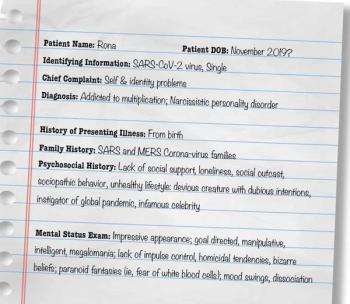
One can only hope today's challenges will become a “corrective emotional experience."

At one time, most medical school classes took the Hippocratic oath, but that is no longer the case.

The medical community must examine how and what we can do to welcome and serve the black and brown communities that may view us as the authority they dare not call.

Psychiatrists should be experts at hearing and seeing what is not visible. That is exactly what we need to do to let the sun shine through the racist dust.

Reflections on the current psychiatric literature as well as the many accomplishments psychiatry has seen since the 1950s.

With everything going on in the world, this lesson has become abundantly clear—our attitudes will help us ride the ups and downs and the slings and arrows that present themselves and propel us to better times.

Sometimes our best intentions lead us down the wrong road. By reconsidering a few seemingly harmless questions, this psychiatrist was able to make the most of his medication-check visits with his patients.

New data and an intriguing case example suggest the mortality rate may be decreasing. What does this mean for the days ahead?
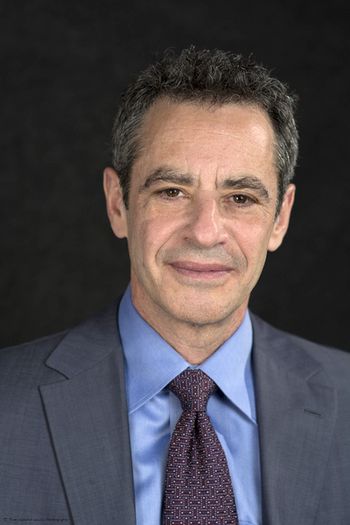
In this interview, Dr Aftab and Dr Shedler discuss the relationship between the psychoanalytic worldview and the medical model, and they reexamine the role of psychodynamic psychotherapy in contemporary psychiatry and psychology.
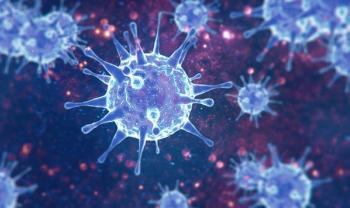
For some patients, quarantine and isolation may generate feelings of uncertainty. It is important to use accurate terminology, since the words we use and how we think shape our being and responses.

An early career psychiatrist and resident psychiatrist reflect on their racialized experiences in predominantly white spaces and the impact on their lives.
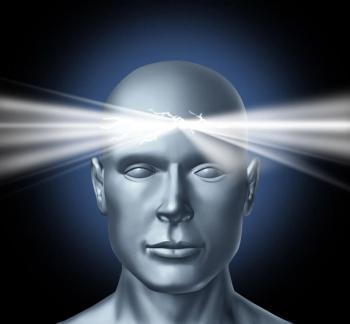
An interview with Dr Anne Harrington, who offers a stimulating and thought-provoking historical perspective on the evolution of biological psychiatry from the German histopathologists to the present time in her recent book.

Private practice in the COVID era.